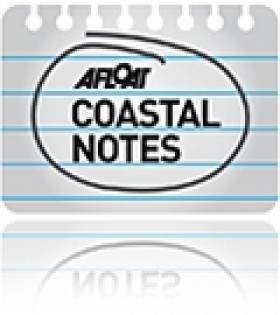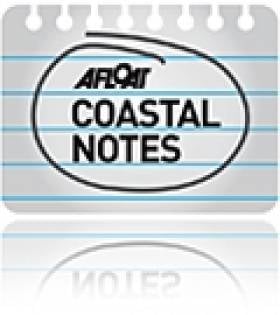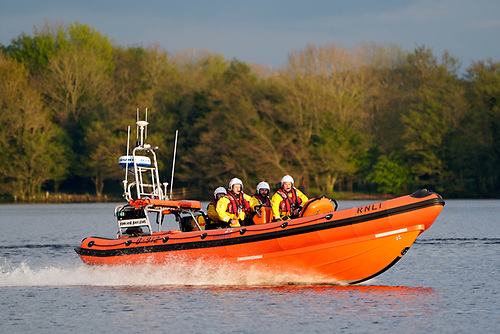Displaying items by tag: Public Enquiry
Dun Laoghaire Meeting also to Discuss Dalkey Oil Drilling
#DALKEY ISLAND PROSPECT – An urgent meeting to discuss calls for a public enquiry in respect to the Dalkey Island Prospect is to be held in Dun Laoghaire next Tuesday (31st January).
The meeting which is to address the serious environmental and public consultation concerns is to be held in the Royal Marine Hotel (7.30pm) and follows an 'information' meeting held earlier this week in Dalkey Town Hall.
At that meeting it was concluded with an almost unanimous agreement that a public enquiry should be held over the foreshore licence sought by Providence Resources to carry out exploratory drilling some 6kms offshore of the south side-suburb.
As reported previously on Afloat.ie, the chairman of the Dalkey meeting Bill Hastings, commented that the issue could divide the community and he said "many people pointed out that it was not just a Dalkey issue but one for all of Dublin Bay".
#DALKEY ISLAND PROSPECT- At a public meeting held by Dalkey Community Council last night, it was almost unanimously agreed that a public enquiry should be held over the foreshore licence sought by Providence Resources to carry out exploratory drilling for oil and gas, in the Kish Bank basin, some 6kms off Dalkey Island, writes Jehan Ashmore.
Over 200 residents attended the meeting in Dalkey Town Hall where they heard Tanaiste Eamon Gilmore and Dun Laoghaire-Rathdown County Councillors deal with the issues raised over the proposed seismic survey and exploratory well drill. Among the major issues was the project's proximity to the populated coastline and its special areas of conservation. It was pointed out that Norwegian drilling operations took place at least 25km offshore.
Mr. Gilmore said the fisheries conservation order in which he was engaged with during his role as Minister of State for Marine would form part of his personal submission to the Department of the Environment. When questioned from the floor if he would make his submission public, he said that for transparency he would do so "reflecting concerns of his constituents".
Providence Resources were invited to attend the meeting, but they declined on grounds of the size of the meeting, though small groups can discuss the exploratory drilling of the 'Dalkey Island' prospect at their Donnybrook headquarters.
The company have said that the work they want to do is purely exploratory and relatively low-key and that it can be undertaken unnoticed, with no adverse environmental effects.
Tom Kivlehan of the Green Party, who had last week called on Minister of the Environment Phil Hogan to establish a public enquiry, said: "There are huge concerns among the people of Dublin about the proposed application and they feel that the process does not afford them the opportunity to have their questions and worries answered."
Mr Kivlehan emphasised, however, that the risks and benefits must be balanced. This point was also made by former Green Party T.D. Ciaran Cuffe who said that while untold damage could be done, "we must evaluate everything very carefully."
People Before Profit T.D. Richard Boyd Barrett said he was "absolutely opposed" to the proposal and the impact it would have on Dublin Bay as an amenity and to tourism. He called at the very least for a public enquiry to be carried out before a decision on granting the licence is made and claimed that there were no guarantees that any oil would be discovered or the potential financial benefits of a find would go to the Irish people.
- Dublin Bay
- dlrcoco
- Green Party
- Dalkey Island
- Providence Resources
- Kish Bank Basin
- Dalkey Island Prospect
- Dun LaoghaireRathdown County Council
- Coastal Notes
- Dalkey Community Council
- Foreshore License
- Department of Environment
- Tanaiste Eamon Gilmore
- Dalkey Town Hall
- Exploratory Drilling
- Public Enquiry
- Minister Hogan






























































